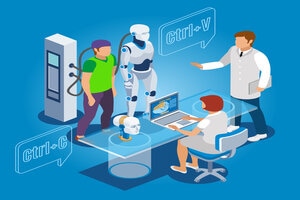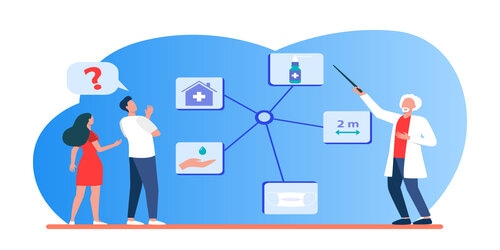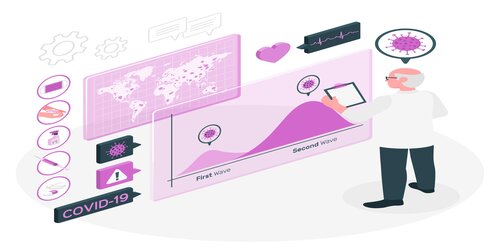
Why Healthcare Providers Are Investing in CCM Software
CCM software facilitates continuous and coordinated care for patients with chronic diseases



© 2024 Crivva - Business Promotion. All rights reserved.